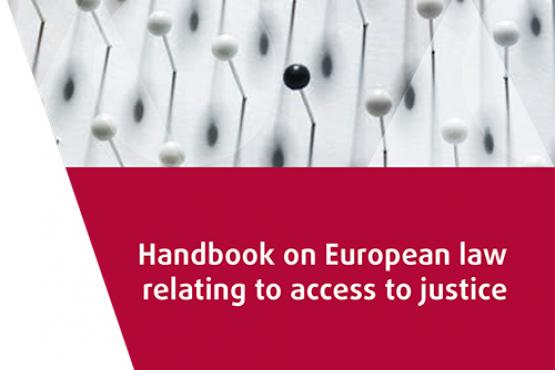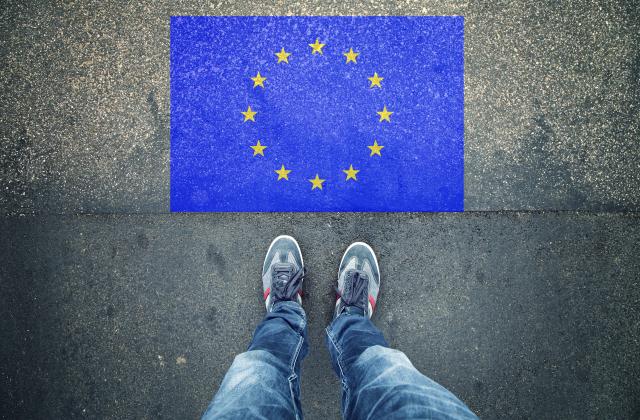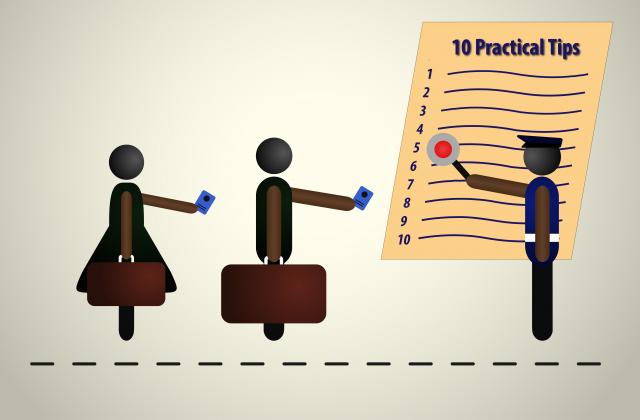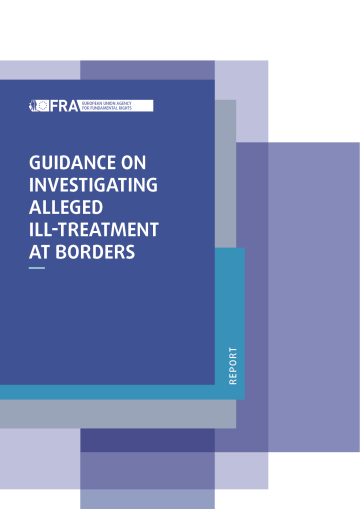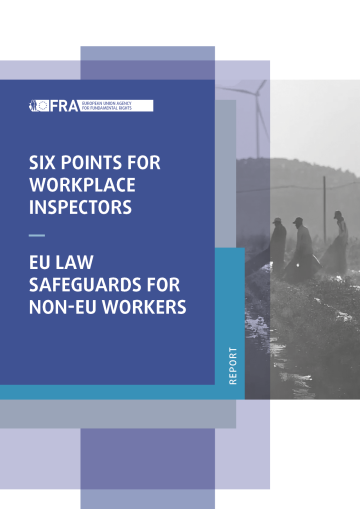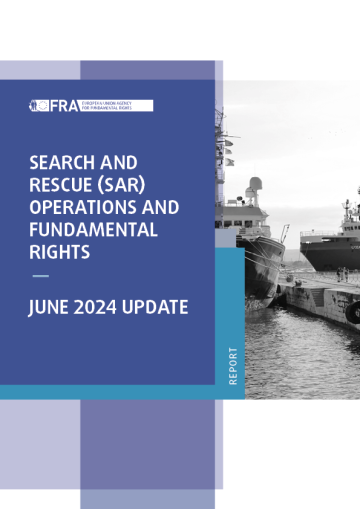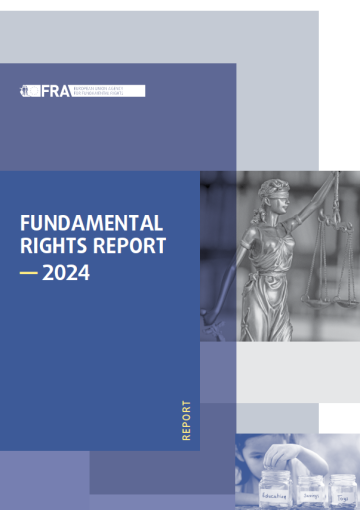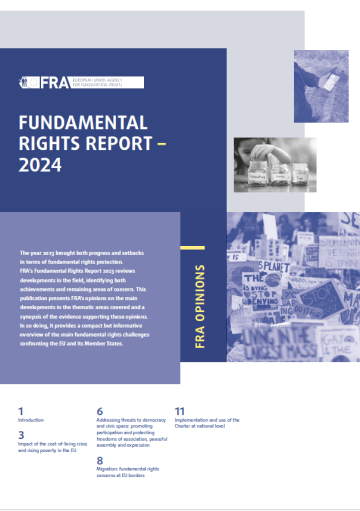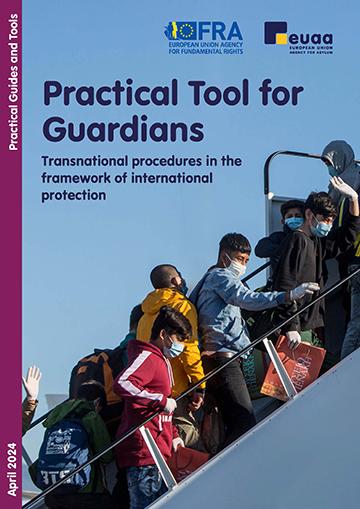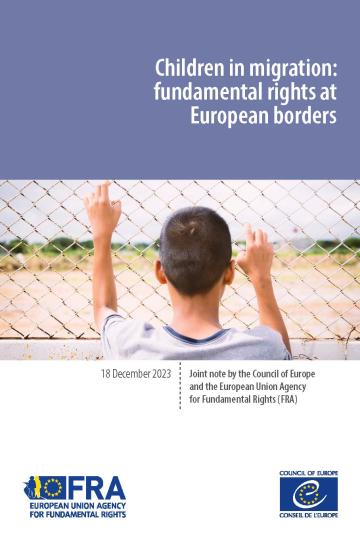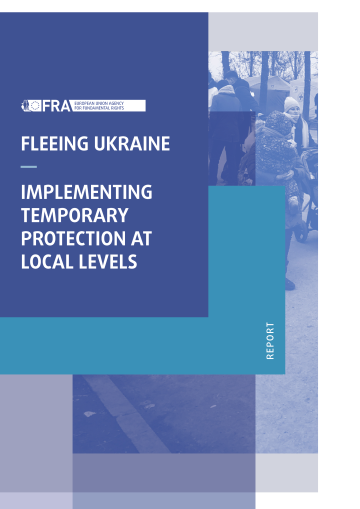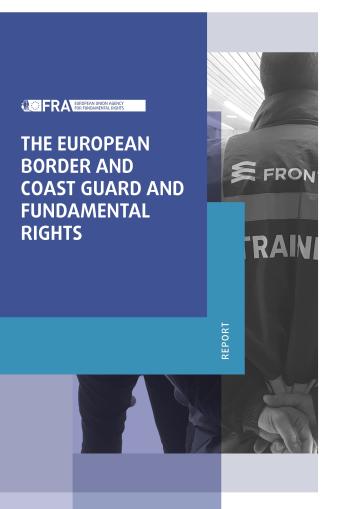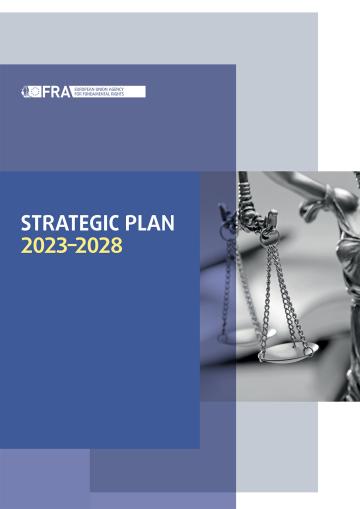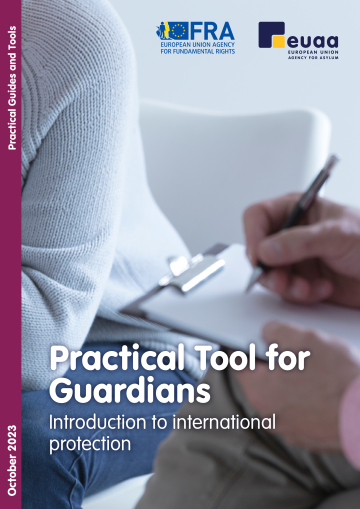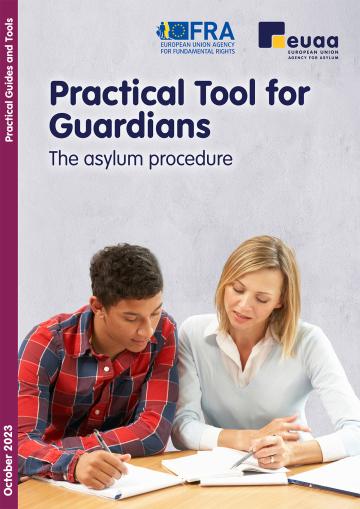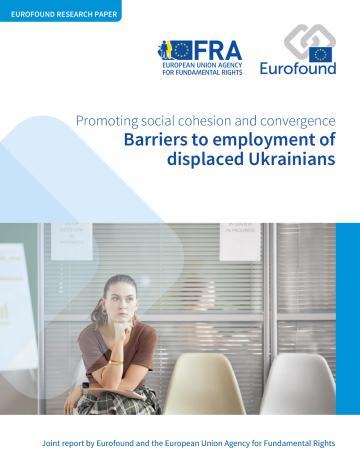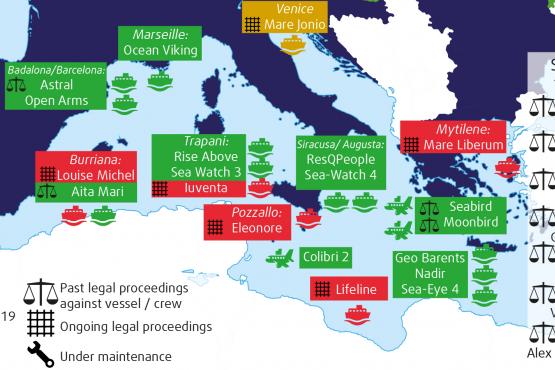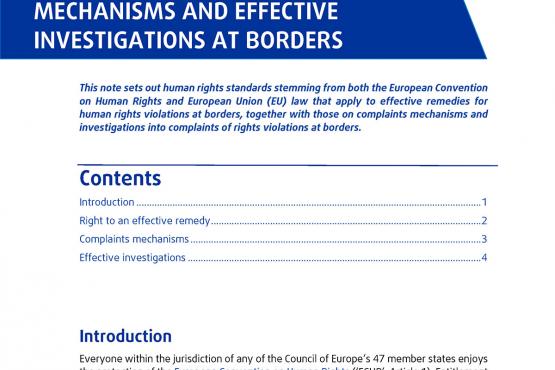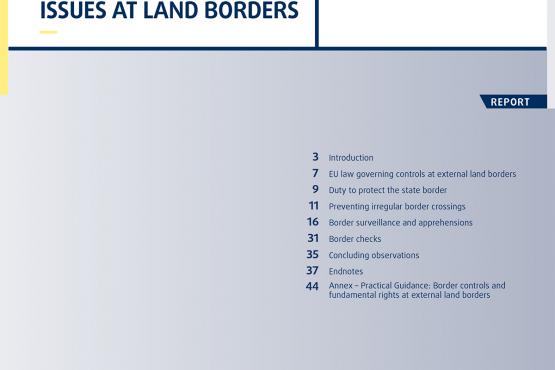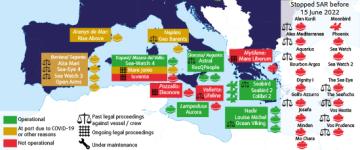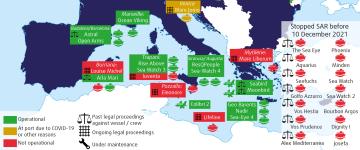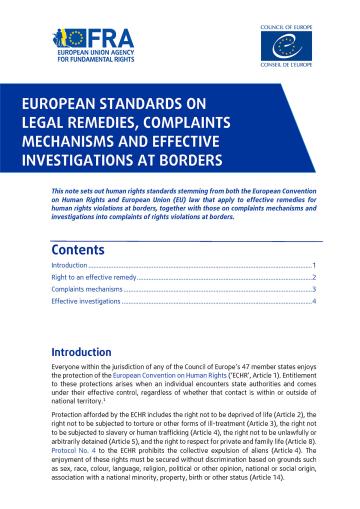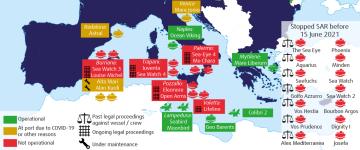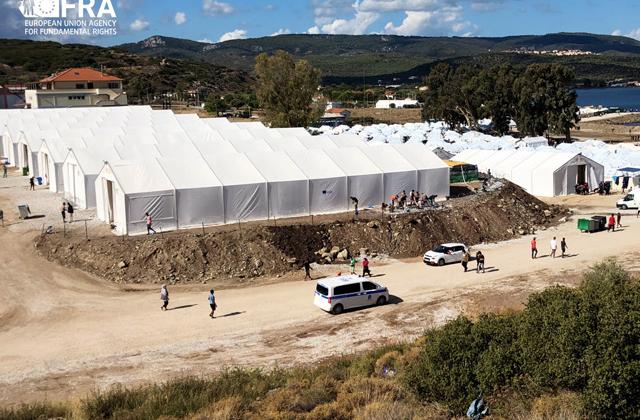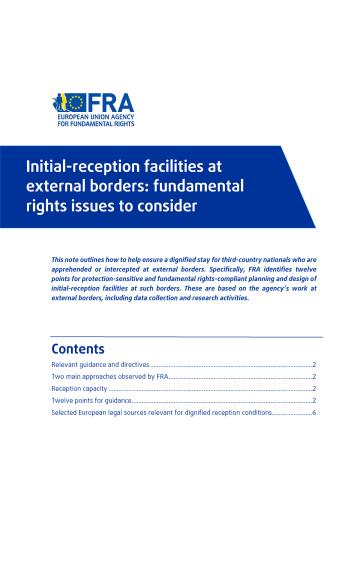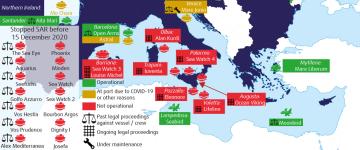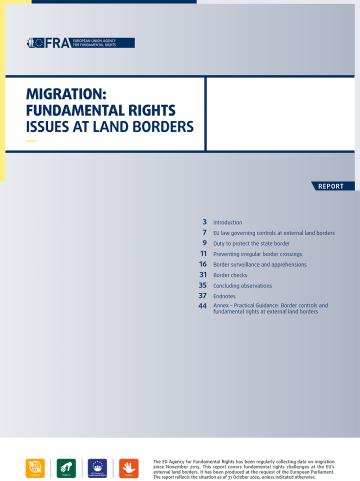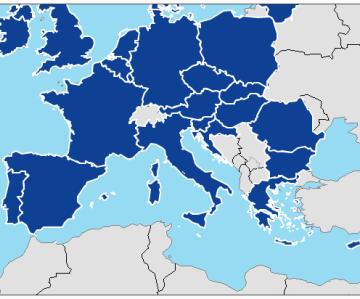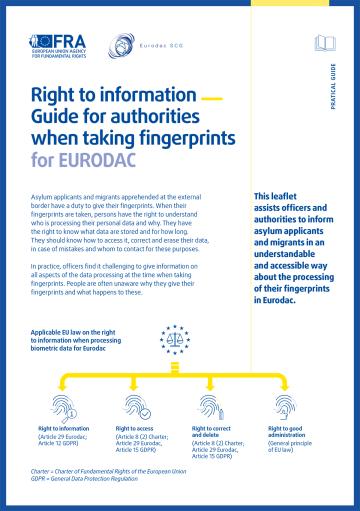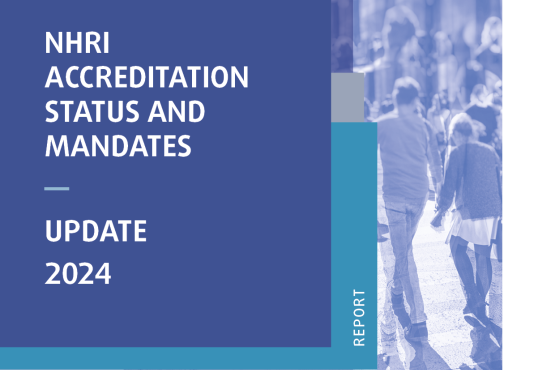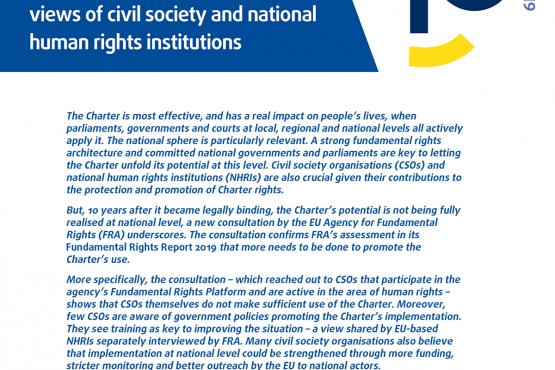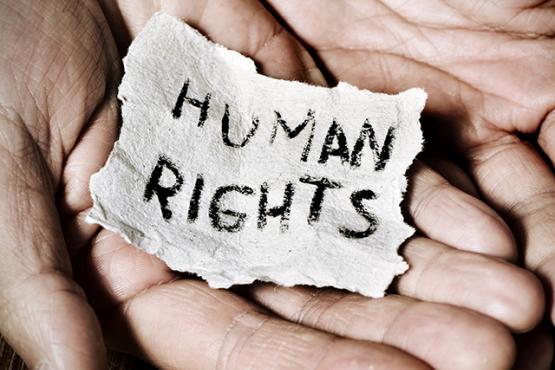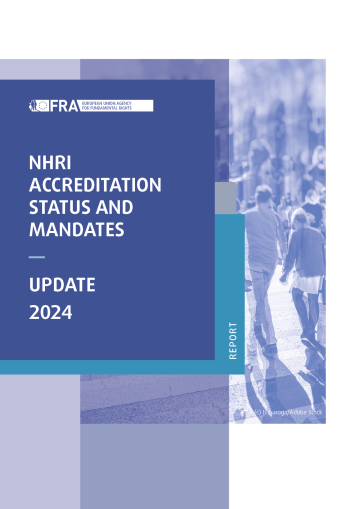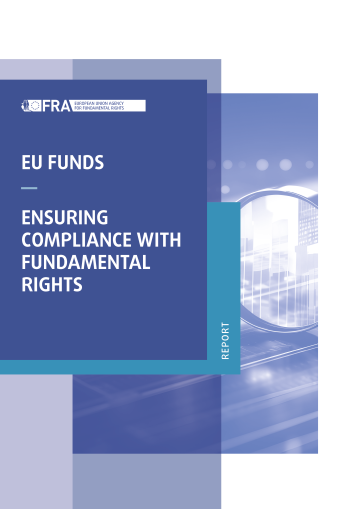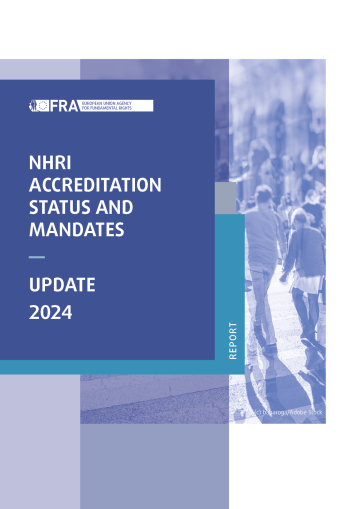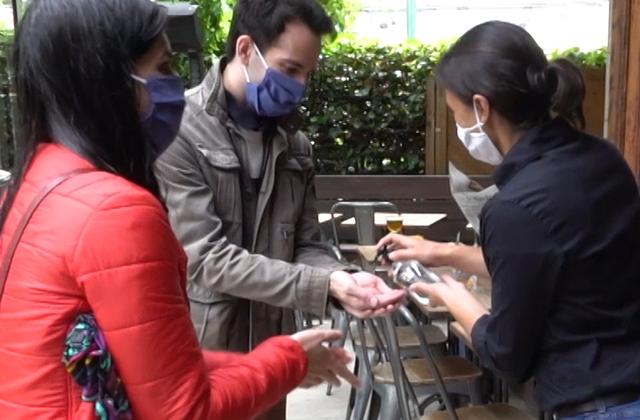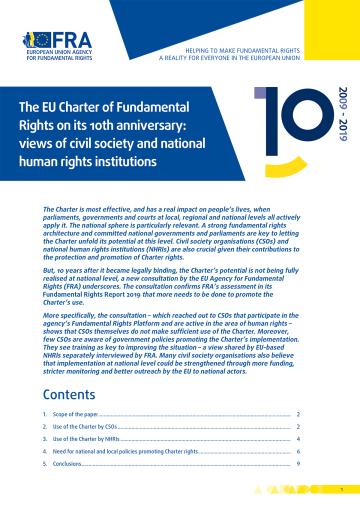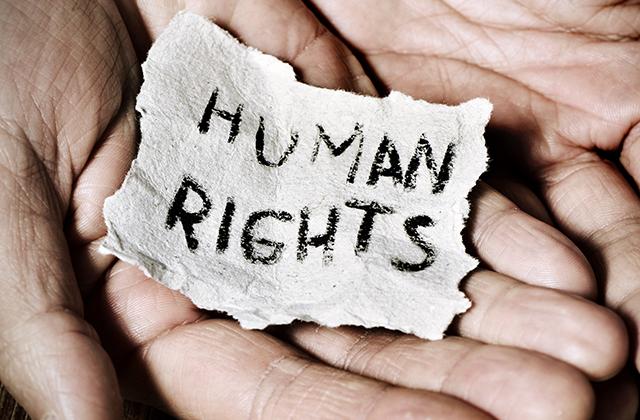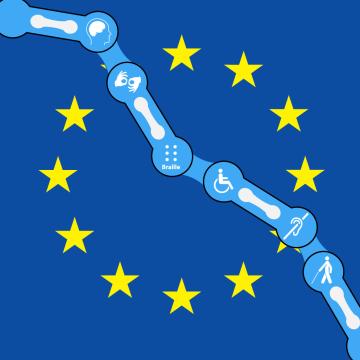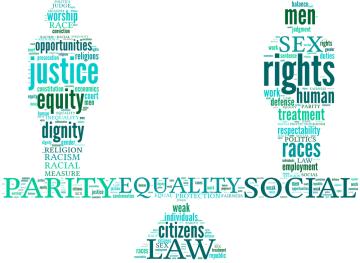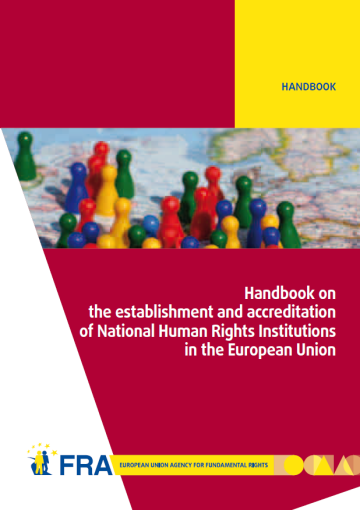Ley de amnistía
Date of article: 02/10/2024
Daily News of: 04/10/2024
Country:  Spain
Spain
Author:
El Defensor del Pueblo, Ángel Gabilondo, ha comparecido este miércoles en el Congreso de los Diputados ante la Comisión Mixta Congreso-Senado de Relaciones con el Defensor del Pueblo para informar sobre la decisión, hecha pública el pasado 11 de septiembre, de no interponer recurso de inconstitucionalidad contra la Ley Orgánica 1/2024, de 10 de junio, de amnistía para la normalización institucional, política y social en Cataluña.
La institución dio así respuesta a los treinta escritos recibidos relativos a la valoración de esa posibilidad, tras la aprobación de la Ley en el Congreso de los Diputados el pasado 30 de mayo.
El artículo 29 de la Ley Orgánica del Defensor del Pueblo recoge que la institución está legitimada para interponer recursos de inconstitucionalidad de acuerdo con lo dispuesto en la Constitución (artículo 162) y en la Ley Orgánica del Tribunal Constitucional (artículo 32).
El Defensor del Pueblo ha explicado que la decisión, tomada tras ser oída la Junta de Coordinación de la institución, se basa en razones institucionales y de fondo.
En esta línea ha asegurado que las razones institucionales que han llevado a tomar la decisión de no presentar un recurso de inconstitucionalidad se fundamentan en el respeto a las decisiones judiciales, ya que tanto el Tribunal Supremo como el Tribunal Superior de Justicia de Cataluña han interpuesto cuestiones de inconstitucionalidad. Así, ha afirmado que la interpretación de la posición institucional del Defensor del Pueblo ha conducido a que, sin prejuzgar lo que resulte al respecto dado que no le corresponde hacerlo en estas cuestiones, se aparte de los asuntos en los que ha habido intervención judicial. Además, ha añadido que también se ha tenido en consideración el respeto a los ciudadanos hasta ahora amnistiados por los jueces en aplicación de esta Ley: más de un centenar, de los que casi la mitad son funcionarios del Cuerpo Nacional de Policía.
Por otra parte, Ángel Gabilondo ha destacado que en la resolución se desarrollan algunas razones de fondo sobre los conceptos de arbitrariedad, exclusividad jurisdiccional, igualdad y seguridad jurídica en relación con esta norma. Sobre las mismas se estima que no hay motivos para considerar que esta Ley contravenga ninguno de estos principios.
La adjunta primera, Teresa Jiménez-Becerril, y la adjunta segunda, Patricia Bárcena, asistieron a la comparecencia.
Consulta aquí la resolución completa: https://www.defensordelpueblo.es/wp-content/uploads/2024/09/Recurso-1_2024_Amnistia.pdf





